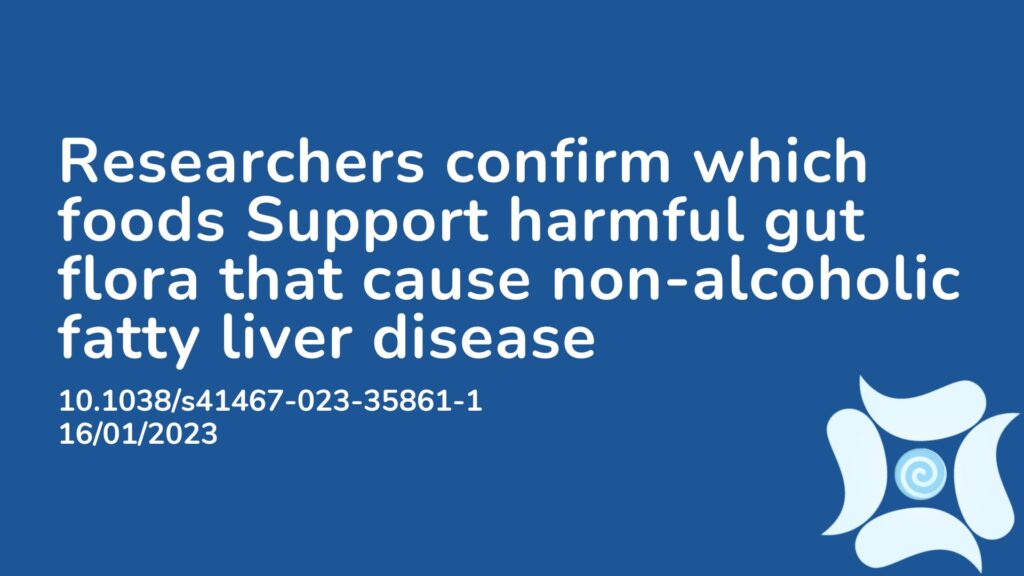Summary:
This research has established why there is a correlation between high fat and sugar laden diets and non-alcoholic fatty liver disease (NAFLD), which is a typical eating pattern in western countries. NAFLD is currently the leading cause of chronic liver disease. After feeding mice foods high in fat and sugar, they developed a particular lipid and gut bacteria called Blautia which caused liver inflammation. This inflammation then caused the mice to develop NAFLD with matched features to the human disease. The findings therefore reported that this diet changes the gut microbiota which increased the production of pathogenic factors that negatively affect the liver, advancing the medical communities understanding of the gut-liver axis. This research also sheds light on the importance of considering dietary and microbial interventions in preventing and treating NAFLD.
Abstract:
The interplay between western diet and gut microbiota drives the development of non-alcoholic fatty liver disease and its progression to non-alcoholic steatohepatitis. However, the specific microbial and metabolic mediators contributing to non-alcoholic steatohepatitis remain to be identified. Here, a choline-low high-fat and high-sugar diet, representing a typical western diet, named CL-HFS, successfully induces male mouse non-alcoholic steatohepatitis with some features of the human disease, such as hepatic inflammation, steatosis, and fibrosis. Metataxonomic and metabolomic studies identify Blautia producta and 2-oleoylglycerol as clinically relevant bacterial and metabolic mediators contributing to CL-HFS-induced non-alcoholic steatohepatitis. In vivo studies validate that both Blautia producta and 2-oleoylglycerol promote liver inflammation and hepatic fibrosis in normal diet- or CL-HFS-fed mice. Cellular and molecular studies reveal that the GPR119/TAK1/NF-κB/TGF-β1 signaling pathway mediates 2-oleoylglycerol-induced macrophage priming and subsequent hepatic stellate cell activation. These findings advance our understanding of non-alcoholic steatohepatitis pathogenesis and provide targets for developing microbiome/metabolite-based therapeutic strategies against non-alcoholic steatohepatitis.
Article Publication Date: 16/01/2023
DOI: 10.1038/s41467-023-35861-1




